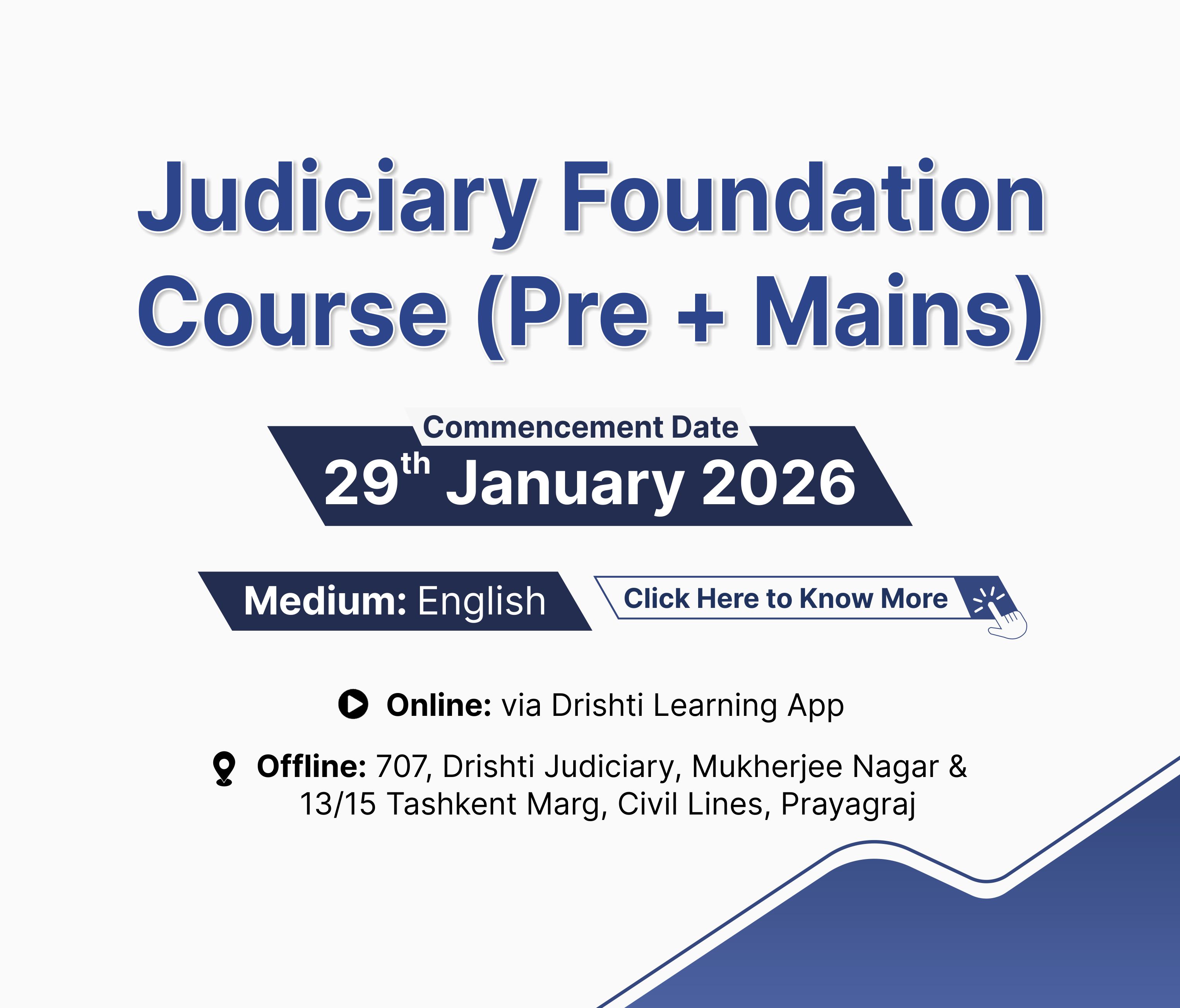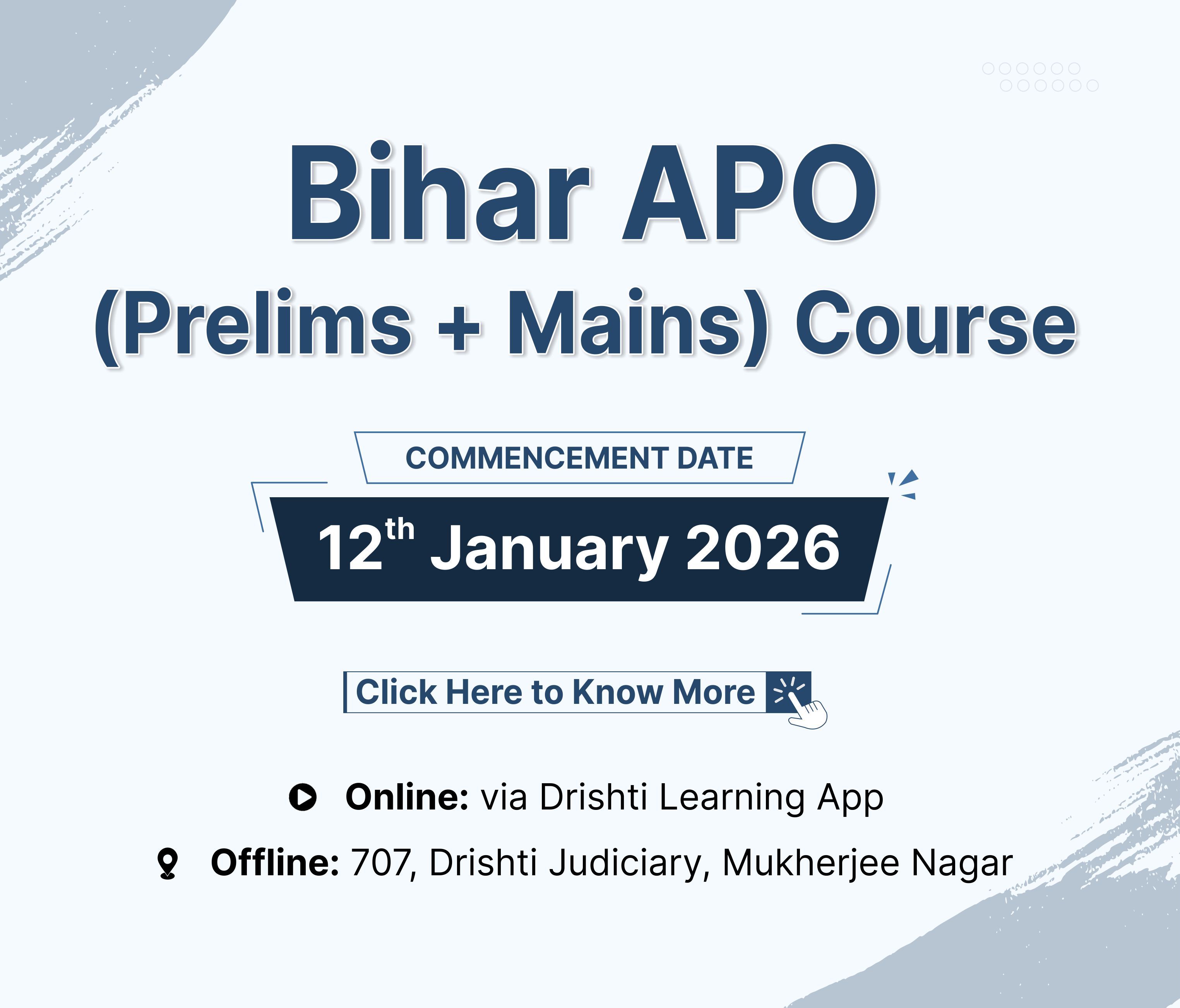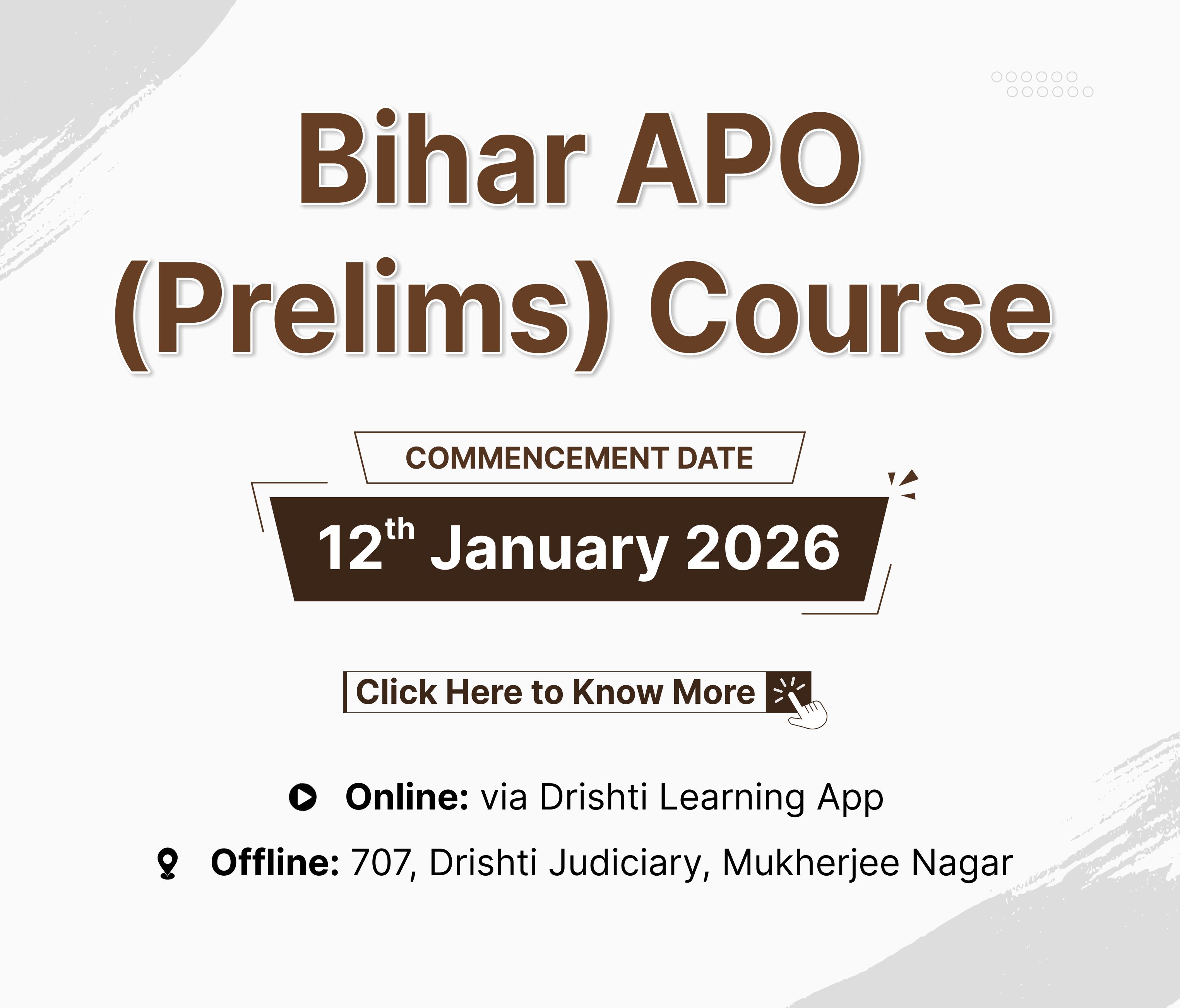List of Vocabulary
Schedule
- An appendix to an act of legislature containing a statement of detail or taking the form of detailed list of relevant matter.
Security
- Property as assurance to secure fulfilment of an obligation and forfeitable in the event of non fulfilment.
Seizure
- The action of seizing.
Set Aside
- To annul, quash.
Set Off
- An item or amount which is or should be set off against another in settlement of accounts.
Severable
- Capable of being separated.
Shall Presume
- Whenever it is directed by IEA that the Court shall presume a fact, it shall regard such fact as proved, unless and until it is disproved.
Solemnized
- To enter into a marriage contract with due publication
Solitary Confinement
- That imprisonment during which a convict is segregated from other convicts and kept alone.
Sound Mind
- A state of mind in which one can understand the nature of man's action and form a judgement of his own.
Special Law
- A law applicable to a particular subject
State List
- State list includes the important subjects on which the state government can pass the law.
Sub Judice
- In course of trial.
Subordinate Court
- The state judiciary consists of a High Court and a hierarchy of subordinate courts, also known as lower courts. The subordinate courts are so-called because of their subordination to the state high court.
subrogated
- substituted to a right or claim
Subsidiary company
- one of which another company holds most of the shares
Subsistence Allowance
- An allowance for maintenance granted under special circumstances.
Substantial Part
- material and appreciable portion of a thing
Succession
- The process by which one person succeeds another in the occupation or possession of any estate or the like.
Summon
- An authoritative call to attend a specified place for a specified purpose, a writ by which a person is called to appear before a court or judicial officer.
Superintendence
- The exercise of supervision.
Supreme Court
- The Highest Court of Justice in India.
Surety
- A person who finds himself for the payment of sum of money or for the performance of something else for another who is already bound for the same.
Survivorship
- the right of a person to property by reason of his having survived another person who had an interest in it; the state or condition of being a survivor











